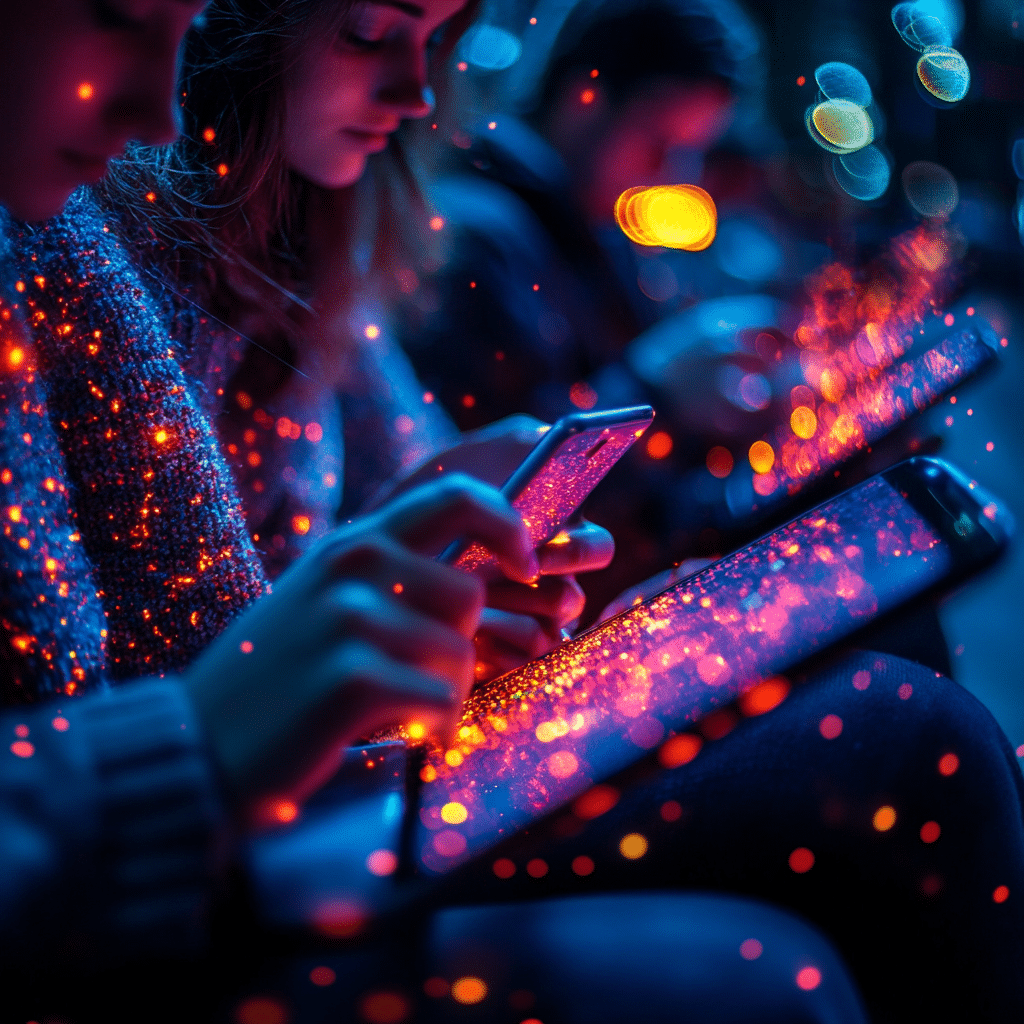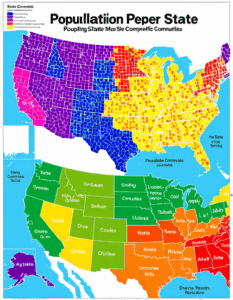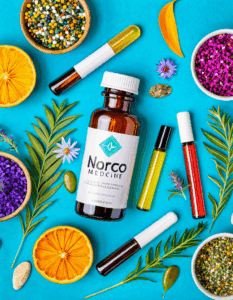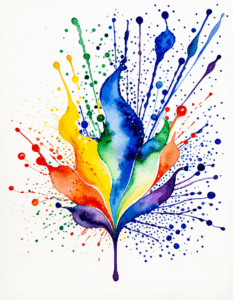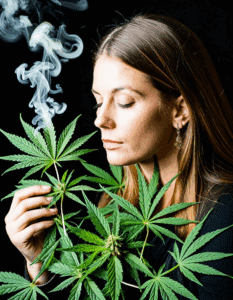In an era where social media influence on addiction can shape perceptions and behaviors, parents and communities are scrambling to understand its profound impact. Apps like Facebook, Instagram, TikTok, and Twitter aren’t just platforms for sharing snippets of life; they’ve morphed into vehicles that can either lift us up or drag us down. With research indicating that self-disclosure on these sites activates the same brain regions as addictive substances, it makes perfect sense why addiction is becoming a growing concern. A staggering 40% of American internet users aged 18-22 have reported struggling with social media addiction, a staggering statistic that reinforces the urgency of this matter.
Understanding the social media influence on addiction begins with acknowledging how these platforms normalize risky behaviors. Think about it; when someone’s favorite influencer posts about a night out filled with drinking or references to drugs, those experiences can start sounding appealing to impressionable youth. This normalization doesn’t just influence thoughts; it impacts choices, leading adolescents down pathways where experimentation becomes an unfortunate reality. Parents need to be aware of these dynamics so they can protect their children from such temptations.
As parents, knowing the digital environment our children are interacting with is crucial. Yes, social media can offer connection, but it can also breed feelings of loneliness and inadequacy. A study published in July 2024 highlighted a direct correlation between excessive social media use and rising stress levels, feelings of isolation, and even anxiety. Parents, it’s essential to engage in open conversations with your children about the real implications of social media, emphasizing the difference between online portrayals and reality. This discussion can open up paths for nurturing resilience.
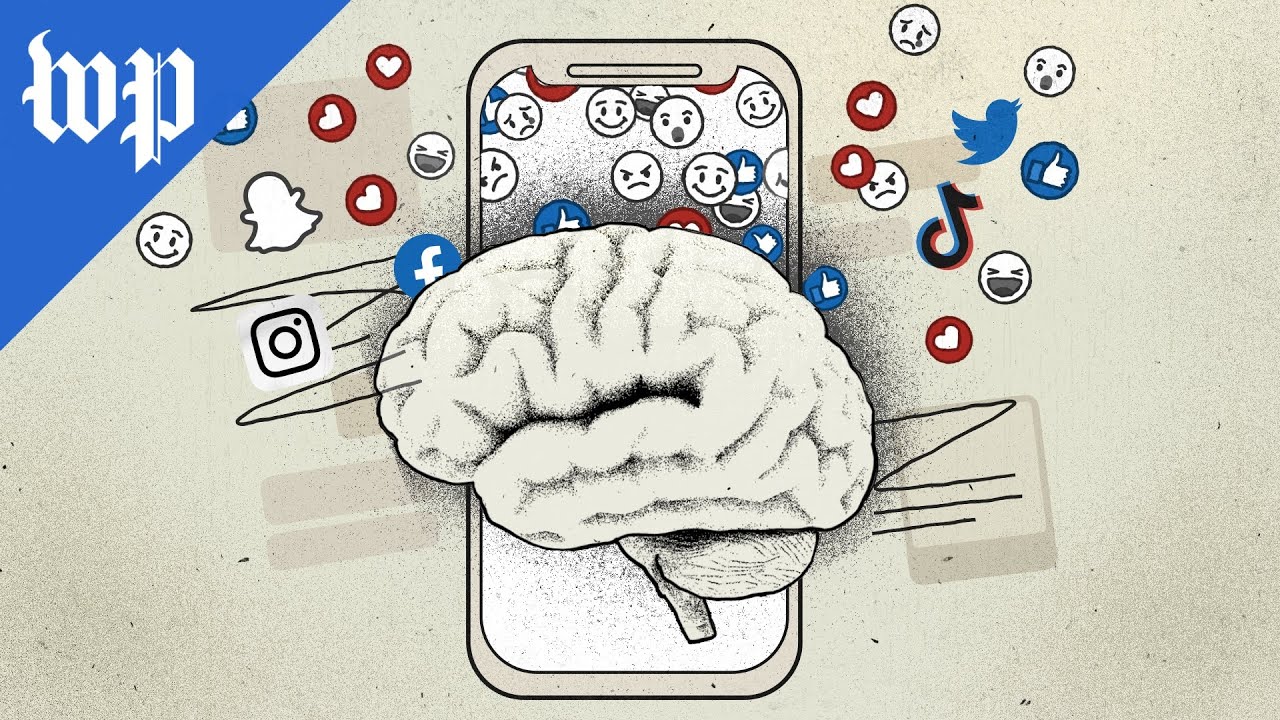
Top 7 Alarming Trends in Social Media’s Influence on Addiction
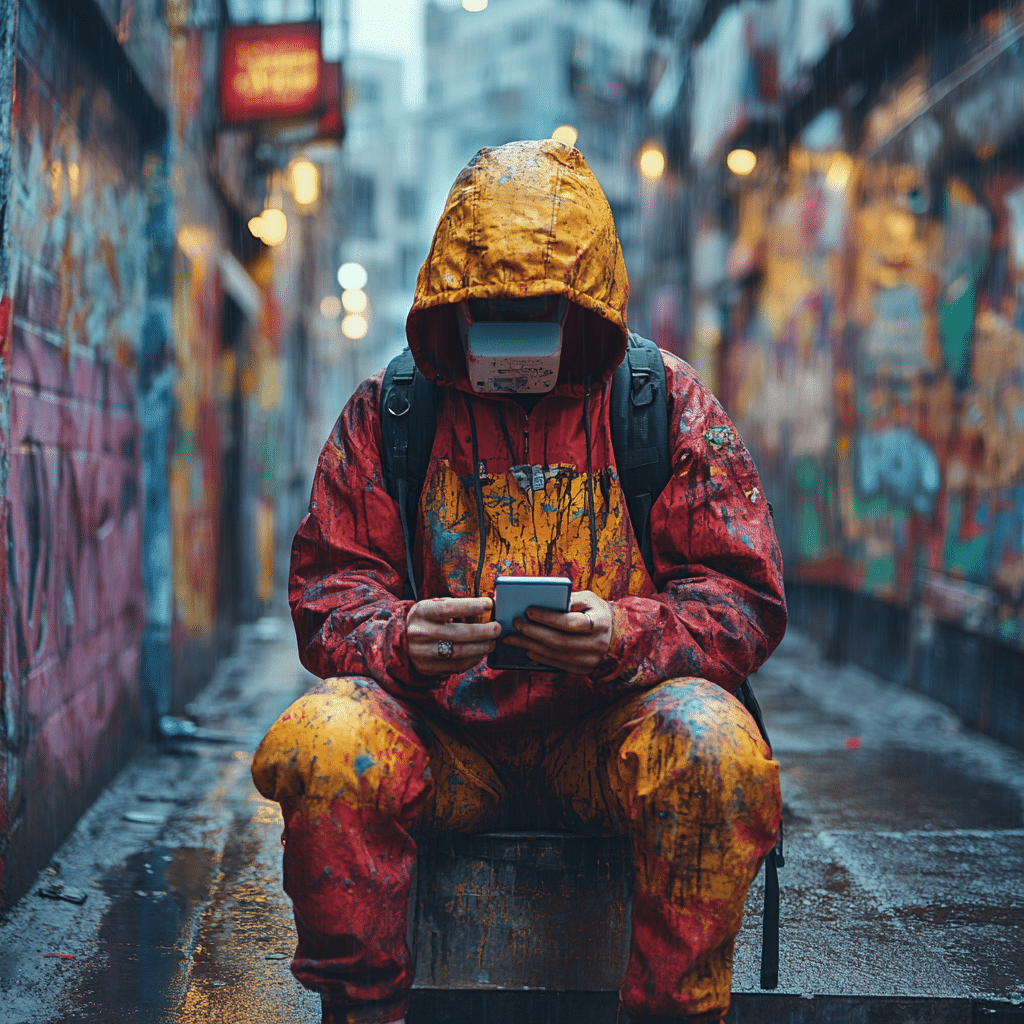
1. Glorification of Substance Use
Ah, the influencer lifestyle. Many on platforms like Instagram turn to substances as part of their brand. When stars such as Post Malone and Rihanna casually reference drugs in their work, followers may start viewing these practices as glamorous. This glorification creates a culture where followers think, “If they can do it, so can I.” Parents need to realize that this is more than just a trend but a genuine risk—a perception that can lead to experimentation.
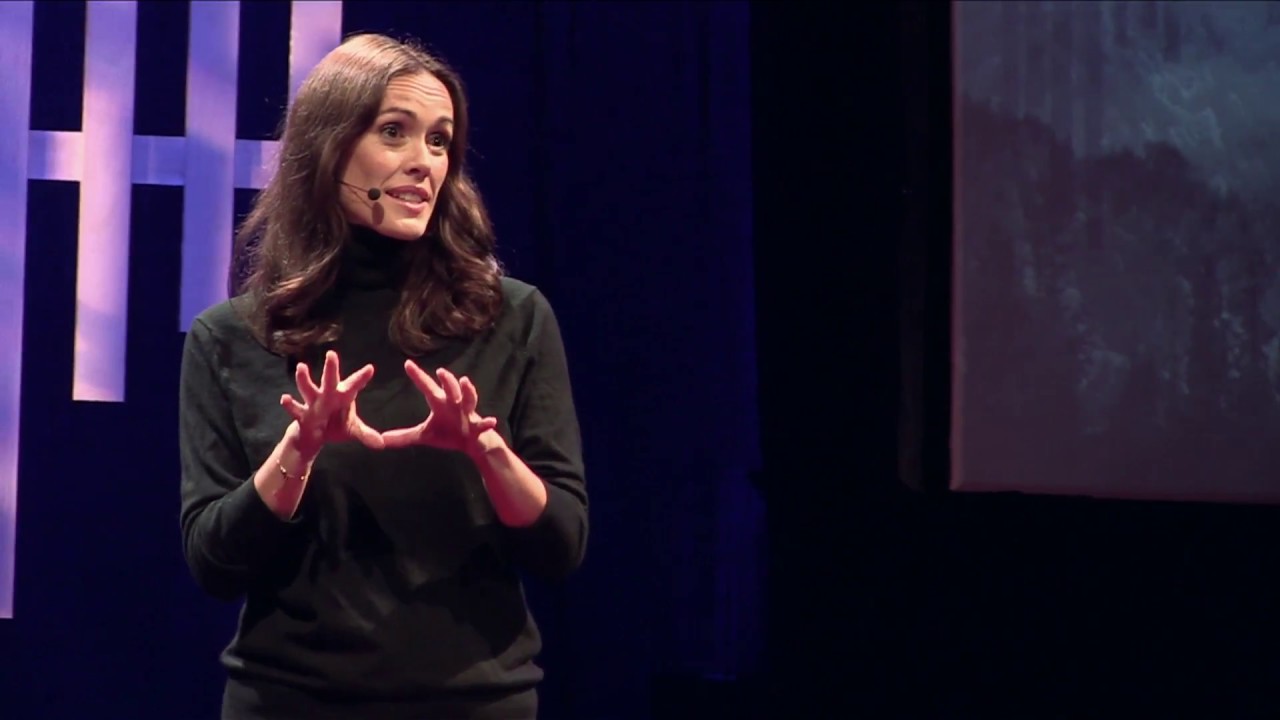
2. The Rise of ‘Party Culture’ on TikTok
TikTok has birthed a phenomenon known as ‘party culture’ that’s hard to ignore. Take a look at the viral #drunkchallenge, where users participate in risky drinking games for likes and views. Sounds innocent, right? However, this trend trivializes the dangers of excessive alcohol consumption and contributes to a culture of recklessness that can easily spiral into addiction.
3. Peer Pressure Amplified Through Social Interaction
With platforms fostering shared experiences, peer pressure has morphed into a daunting challenge. A study revealed that teenagers whose friends frequently posted about drugs were significantly more likely to experiment themselves. Thus, this social media influence on addiction directly links to peer dynamics, highlighting just how dangerous online interactions can be for our kids.
4. Access to Drug Culture Communities
The internet harbor various communities, including those celebrating drug culture and addiction. Reddit groups like r/opiates and dedicated TikTok accounts create validating spaces for drug use, leading to further normalization and, possibly, addiction. When such content is just a click away, we open the floodgates for misinformation that can reinforce dangerously addictive behaviors.
5. Increasing Availability of Drug-related Content
You won’t believe how often social media algorithms show substance-related content. Even when platforms try to limit this exposure, their algorithms often promote posts featuring drugs, reinforcing addictive behaviors among impressionable users. Imagine scrolling through a feed where addictive substances appear more frequently than healthy lifestyle choices—this is a concerning reality that can ensnare vulnerable individuals.
6. Mental Health and Loneliness Linked to Social Media Use
It’s not just about algorithms; mental health plays a significant role in the social media influence on addiction. Excessive use of these platforms can worsen issues like depression and anxiety. Particularly for teens, this emotional turmoil can drive individuals toward drugs or alcohol as a coping mechanism, leading them to seek solace in substances instead of healthier alternatives.
7. FOMO Culture and Substance Use
The fear of missing out (FOMO) is real, especially on social media. Seeing friends partake in wild parties can ignite pressure to join in, driving students to engage in substance use just to fit in. That compulsion to seek external validation can rapidly turn recreational use into a dependency, further complicating the landscape of addiction.
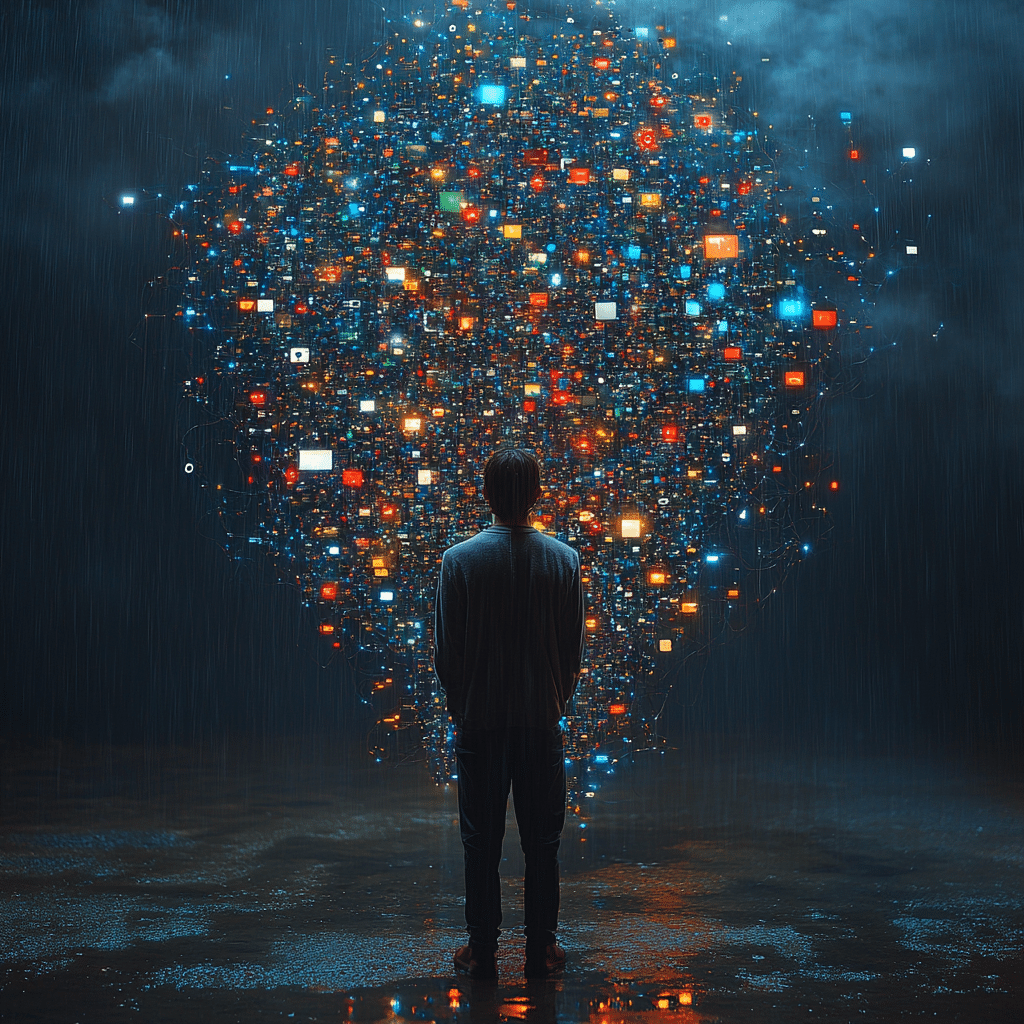
Navigating the Future: The Challenge of Social Media in Addiction Prevention
The road ahead, marked by the social media influence on addiction, isn’t smooth, but we can pave the way for healthier pathways. Awareness is half the battle, so engaging in conversations about the realities of addiction is essential—not just for affected families but society as a whole. Parents, educators, and policymakers must emphasize the importance of media literacy, teaching our youth to critically evaluate the content they consume online. This isn’t just about sharing information; it’s about nurturing a healthier relationship with media.
Additionally, platforms can proactively promote messages surrounding mental health and wellness that counter the glamorized portrayals of substance use. Imagine if social media platforms actively showcased stories of recovery and resilience alongside the “party culture”—this can have monumental implications for fostering healthier behavior among users. We must harness the potential of these platforms as tools for positive change.
At www.MothersAgainstAddiction.org, our mission is to support those grappling with the impact of addiction. We offer resources, guide families through turbulent waters, and help parents navigate difficult conversations around addiction influenced by social media. By coming together, we can build awareness and foster resilience, guiding our children away from the dangerous trends that threaten their futures.
Let’s turn the tide of the conversation surrounding addiction through awareness, compassion, and togetherness. After all, knowledge is power, and every discussion counts in creating a brighter future for our children. Embrace this journey with us, and let’s equip ourselves with tools and strategies to combat addiction in all its forms. Together, we can face the challenges that lie ahead in this social media influence on addiction landscape and emerge victorious.
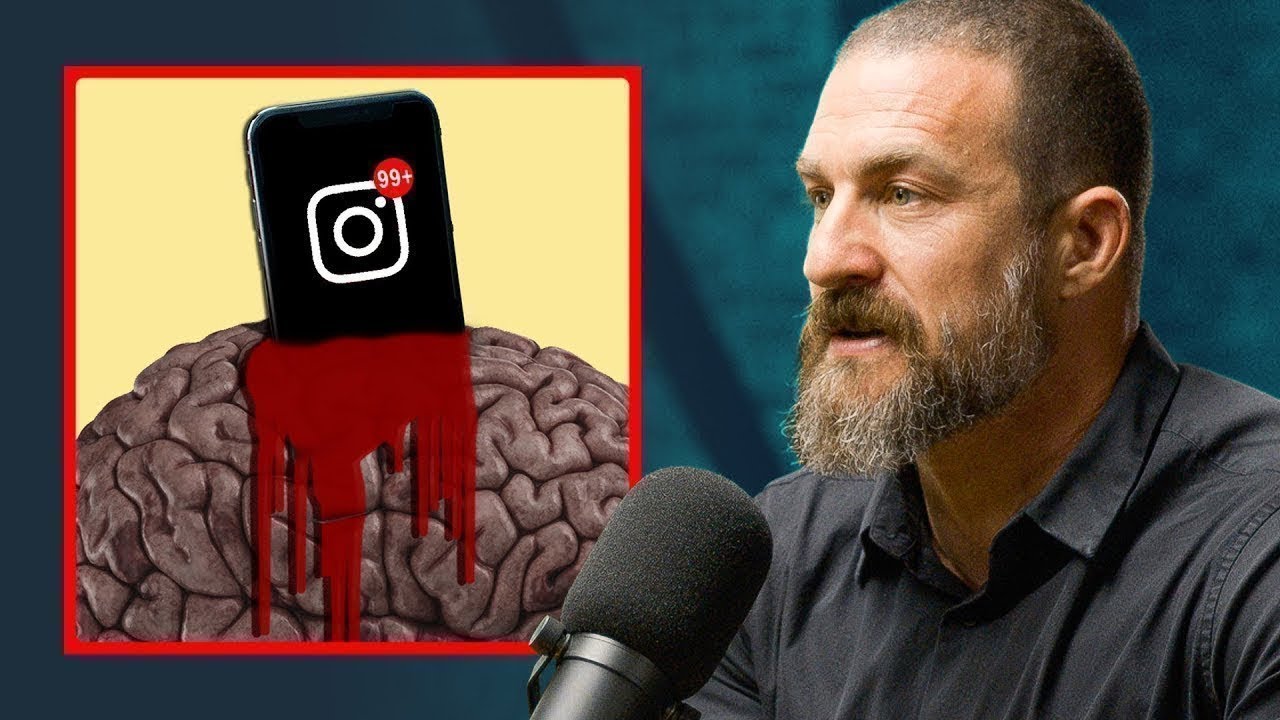
Social Media Influence on Addiction
The Power of Connection
Social media’s influence on addiction is a double-edged sword. On one side, it connects teens and adults alike, providing communities for those battling addiction. However, it can also become a slippery slope. For instance, studies suggest that platforms often showcase glamorized versions of drug use, leading to a rise in curiosity and experimentation. Did you know that nearly 90% of teens use social media, making it a prime space for peer influence? When young people turn to Apps For mental health support, they may also stumble across content that glorifies substance use, reflecting those tricky dynamics.
Trends Worth Noting
Let’s talk trends. During the pandemic, social media platforms noted a marked increase in posts about addiction. One alarming statistic found that discussions regarding opioids jumped by 300%. It’s a stark reminder of how extended screen time can impact minds already stressed by social distancing measures. Moreover, while video games can offer a distraction, there’s no denying that gamification techniques—like those found in Xbox redeem codes—can encourage compulsive behaviors that mimic addiction. It’s essential to remember, though, that technology can provide helpful guidance when used responsibly. Parents should look into resources like Internet safety For Families to navigate these ever-changing waters.
Keeping It Balanced
In the hustle and bustle of the digital world, Managing technology use can be a struggle for many families. Apps for mental health can serve as invaluable tools in helping youths stay grounded. However, it’s critical to help them identify the difference between support and toxic content that perpetuates addictive behaviors. Engaging with resources can lead to a healthier relationship with technology, and kids will benefit from discussions around the butterfly background of social media’s impact on society. In an era where engagement drives success in digital spaces, understanding the social media influence on addiction becomes increasingly crucial.
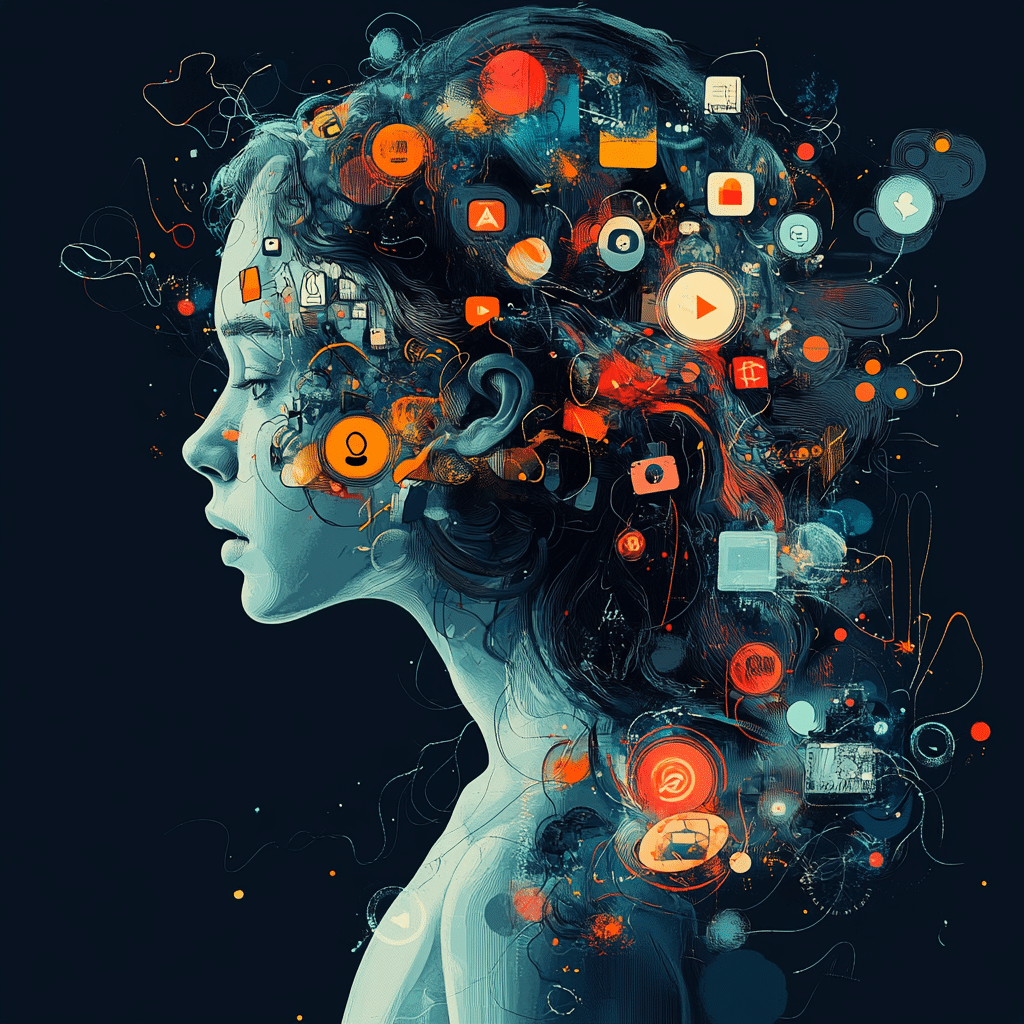
How does social media affect addiction?
Social media can boost addiction by lighting up the same brain areas that respond to addictive substances. When we share online, it triggers reward pathways, making us feel good, leading to a desire for more engagement, which can spiral into an addiction.
What is the main problem of social media addiction?
The primary issue with social media addiction is that it often leads to rising stress levels, feelings of loneliness, and sadness. When users rely too heavily on likes or interactions online, it can create a false sense of self-worth that isn’t tied to reality.
Who is most affected by social media addiction?
Teens and young adults are hit hardest by social media addiction. In fact, about 40% of American internet users aged 18 to 22 report struggling with this addiction, followed closely by 37% of those aged 23 to 38.
What are the social influences on drug abuse?
Peer relationships, popularity, bullying, and gang associations can increase the likelihood of substance use among teens. These social factors often work hand in hand with family influences, creating a risky environment for young people.
Why is TikTok so addictive?
TikTok’s addictiveness comes from its quick, engaging content that keeps users entertained and encourages them to scroll for hours on end. The endless stream of videos makes it hard to put down, leading to frequent use.
How is social media bad for mental health?
Social media can negatively impact mental health by increasing anxiety and feelings of inadequacy. The constant comparison with others can lead to low self-esteem and can worsen existing mental health issues.
How big of a problem is social media addiction?
Social media addiction is a significant problem, especially among young adults, affecting many aspects of their lives, from mental health to personal relationships. The tendency to seek validation online can create unhealthy patterns that are hard to break.
What are the effects of social media usage and addiction among students?
For students, social media usage can lead to procrastination, distraction from studies, and even mental health challenges. The pressure to be active online can interfere with their daily routines and academic performance.
How does social media addiction affect relationships?
Relationships can suffer from social media addiction as people may prioritize virtual interactions over real-life connections. This can lead to misunderstandings and a lack of emotional support among friends and family.
Which social media is the most addictive?
While it’s hard to pinpoint which social media is the most addictive, platforms like TikTok, Facebook, and Instagram all have features designed to keep users engaged for longer periods, often leading to addictive behaviors.
What does social media do to your brain?
Social media impacts the brain by releasing dopamine when we get likes or comments, similar to the reaction seen with some addictive substances. This makes the brain associate social engagement with pleasure, prompting users to seek it out constantly.
How much time do we waste on social media?
People can waste significant amounts of time on social media, with some studies showing that users may spend several hours a day scrolling. This time could be better spent on more productive or fulfilling activities.
How does society influence addiction?
Society influences addiction through cultural norms and values, peer pressure, and availability of substances. The way addiction is viewed and discussed can significantly affect an individual’s likelihood of developing such issues.
Who is most at risk for addiction?
Young adults and teens are generally most at risk for addiction, particularly with substances like drugs or alcohol, due to peer pressure and the high-stakes social environments they navigate.
What are the social consequences of addiction?
The social consequences of addiction can include damaged relationships, loss of trust from family and friends, and isolation. Those struggling with addiction often face stigma, further complicating their ability to seek help.
What are the effects of social media usage and addiction among students?
Social media usage can lead to increased stress and physical health issues for students, who might experience sleep problems, poor nutrition, and a sedentary lifestyle due to prolonged screen time.
How does social media addiction affect physical health?
Theories of social media addiction vary, but many suggest it stems from the same psychological triggers as other addictions, including the desire for instant gratification, validation, and the fear of missing out.
What are the theories of social media addiction?
Social media affects human behavior and society by shaping how people communicate, perceive themselves, and relate to one another. It can foster connections but also contribute to misunderstandings and feelings of isolation.

